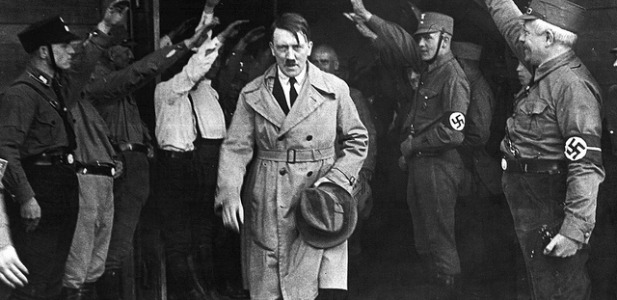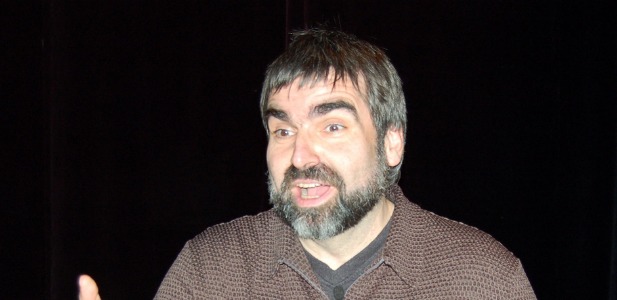It wasn’t a happy new year for Germany’s President Christian Wulff, who finds himself trapped in a scandal over loans he received on favourable terms for a house he bought when he was still Prime Minister in Lower Saxony.
More questionable than the loan, however, was Wulff’s reaction to the story and a series of furious calls to the editor-in-chief of Germany’s biggest tabloid Bild. The calls, recorded on a mailbox, quote the President declaring “war” and threatening with legal consequences if the story were indeed to be published.
Calls for his resignation followed but Chancellor Merkel is standing by Wulff. Her continuing support guarantees he will stay in office for now. For Merkel, the resignation of Wulff, less than two years into his mandate, would be a severe blow after her first nominee for President had to step down.
Wulff’s predecessor, the former head of the IMF Horst Köhler, resigned in May 2010 following a dispute about Germany’s military engagement. But it is said that he also felt uncomfortable about the way Merkel was trying to push through economic legislation during the financial crisis with little advice from the Parliament.
What was once perceived as one of Merkel’s strengths – the ability to overcome the “old boy networks” in the Conservative Party post-Helmut Kohl – today looks like a failed personnel policy.
In addition to Wulff and Köhler the Conservatives’ outspoken economic expert Friedrich Merz left Parliament in 2009 for the private sector, the conservative Prime Minister of Hesse Roland Koch and Ole von Beust, First Mayor of Hamburg, who made the Conservatives popular among city voters again, decided to exit politics in 2010.
All men were important figures within the party, appealing to different but crucial sections of its electorate. But they were also ambitious – and potential rivals to Merkel.
The same is true for the charismatic former Defence Minister Karl-Theodor zu Guttenberg and it would not be surprising if Merkel was secretly relieved when Guttenberg was forced out of office in March 2011 for plagiarising his doctoral thesis. He now serves as “elder statesman” at the Washington think tank CSIS and – ironically, some say – advisor on internet freedom to EU Commissioner Neelie Kroes.
Unlike former Chancellor Gerhard Schröder, who always stuck by his political friends, Merkel changes her political partners frequently – and especially the men, it seems.
There are, however, a few men who are loyal to her and who she is loyal to in return: Finance Minister Wolfgang Schäuble is among them, a person Merkel trusts deeply and whose resignation she rejected twice in 2010 (Schäuble, 69, had health problems throughout the year). And there are Norbert Röttgen, Minister of the Environment, and Ronald Pofalla. While the former is tasked with exploring options for a coalition with the Green Party as an alternative for the ailing Liberals, the latter serves as Merkel’s Chief of Staff.
Still, many in the Conservative Party are worried about the loss of the CDU’s conservative profile under Merkel’s leadership and about a lack of charismatic leaders in the party. The recent announcement of a number of Conservative MPs to form the so-called “Berlin Circle” and meet regularly to debate how the party’s conservative credentials can be strengthened again sparked worried criticism from the party leadership.
And there is talk of a new “truly conservative” party which could be formed prior to the general elections in 2013. Hans-Olaf Henkel, a former President of the Federation of German Industries, recently came out in support of the Free Voters, a loosely organised party of conservative voters which entered the State Parliament in Bavaria in 2008 and now wants to compete in the 2013 national elections as well. The party says it wants to appeal to conservative and liberal voters, but many are afraid that it could also become a populist and eurosceptic movement.
This would make it even more difficult for Merkel to win a majority in the 2013 elections. Perhaps she may well come to rue the fact that she ditched a couple of men too many.
Note: This blogpost was first published on 12 January 2012 on brussels+, the policy blog of the public affairs consultancy g+ europe. To subscribe to the blog and receive regular updates on the European Union and its member states, please click here.
Foto: xtranews.de, Lizenz: CC BY 2.0




